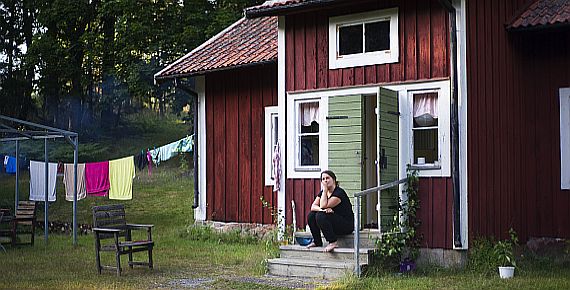
News & Stories
Willingen. What do guests who spend their holidays in Corona times want? This question is currently a major concern for the hotel industry, especially since leisure tourists are currently the most travel-happy target group and are the last lifeline for many hotels. A German hotel group has launched its own survey on this issue, which has met with a great response.
Geneva. On July 1, 2019, Martin Smura became CEO of the Kempinski luxury hotel group. Exactly one year later, Chief Financial Officer Michael Pracht left the company. The only progress the group made over the past few months were in its announcements. Some stumbling blocks result from corona, but not all of them.
London. A new global customer segment of travelers is emerging: 'Generation Clean'. A study reveals that the majority of those surveyed are starting to prospect new types of business accounts and traveler segments, and they are confident in the recovery of primary markets by Q4.
Munich. No, the midsummer business has not been cancelled for Susanne Andersson Pripp. "Because in Sweden, it is a family celebration and most people stay at home anyway," says the owner of the Best Western Hotell Ett and Best Western Hotel Gamla Teatern in Oestersund, a city with a population 50,000, located in the middle of Sweden. Apart from that, everything else these two hotels normally live off has been cancelled or is non-existent. Despite all good intentions, the Swedish special path has come to a dead end. The industry is suffering and has now become one of the late starters in the European market.
Vienna. The EU is critical of vouchers as a "means of payment" in tourism, whereas the Austrian Hotel Association took a massive and proactive approach to the issue in May. It even set up it own website for this very purpose. Vouchers are intended to strengthen the liquidity of hotels. One study analysed three different scenarios.
Innsbruck. Schlosshotels & Herrenhäuser, based in Austria, underwent a particularly radical brand restructuring in the middle of the corona crisis. They are now called "The castle in another country". It certainly takes some getting used to.
Hamburg. The German hotel group Novum Hospitality has been one of the most expansion-oriented chains in the German hotel industry in recent years with over 130 hotels in operation before the corona crisis, some of these operated under franchise brands of international chains. CEO & owner David Etmenan reveals in an interview with hospitalityInside.com today how he is fighting for his company and with which lease model he wants to bridge the crisis.
Berlin. Insolvency fund instead of vouchers: The German government has now pushed through a new regulation that will oblige travel organisers to pay contributions into a fund in the event of insolvency – to bring back stranded package holidaymakers from abroad or to reimburse them the full cost of trips they have missed.
Venice-Mestre. Re-start in Italy: The travel and hospitality industry is looking forward to this long-awaited moment. The Italians are allowed to move again between all regions, while the first borders towards several European countries will open on 15 June. But there are still many uncertainties and more important, a few official rules to comply with for the travel segment. At least, this is the complaint of all tourism companies: from tour operators to cruise lines and hotels. So, how can they prepare themselves for the re-start? Massimiliano Sarti talked to Luca Boccato, CEO of HNH Hospitality: a white-label company based in Venice-Mestre that currently manages 13 hotels, mainly in the north-eastern part of Italy with two more openings announced for 2020 in Rome and Verona. Many properties are flagged with international brands such as Best Western, Doubletree by Hilton, Indigo and Crowne Plaza. All of them remained closed during the lockdown period.
Berlin. Repayments to bookers for trips cancelled during the Corona crisis continue to drive the German travel industry towards a financial catastrophe. After the EU rejected Germany’s proposal for a mandatory voucher scheme and the country is now opting for voluntary action, the associations of the travel industry are calling for a rescue fund.





